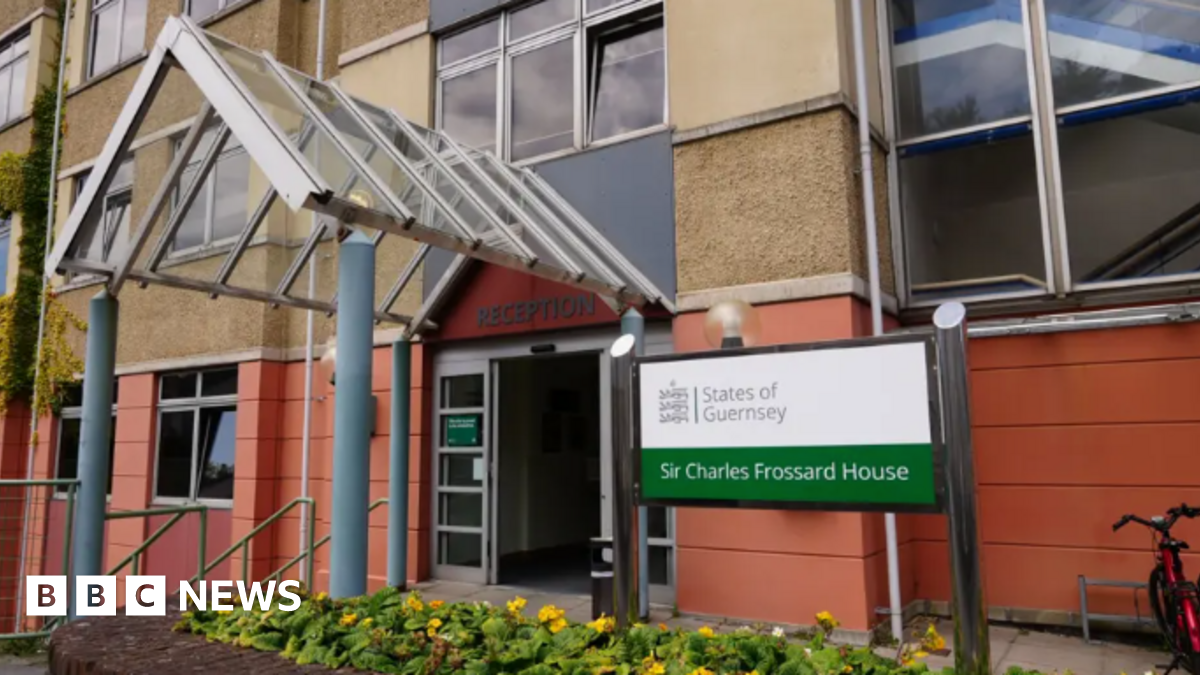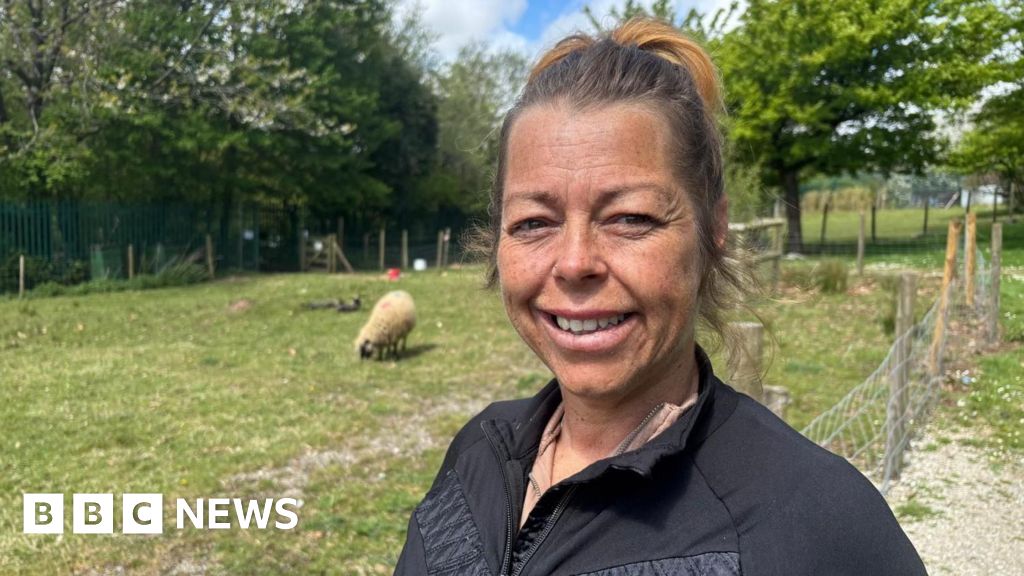Funding Freeze for School Mental Health: $1 Billion Grant Program Halted Amidst Policy Debate

A critical lifeline for student mental health is facing disruption as the Department of Education has paused a $1 billion grant program designed to bolster mental health support in schools nationwide. The program, born in the wake of the tragic school shooting in Uvalde, Texas, aimed to address the escalating mental health crisis among students by providing resources for schools to hire vital professionals.
The Uvalde Tragedy and the Urgent Need for Support: The horrific events in Uvalde spurred Congress to action, recognizing the profound impact such tragedies have on students and the urgent need for increased mental health services within educational settings. The grant program was a direct response, intended to provide schools with the financial means to expand their mental health teams.
What Were the Grants Intended to Do? The funding was specifically earmarked to enable schools to recruit and retain qualified mental health professionals, including school counselors, social workers, psychologists, and other specialists. The goal was to create a more comprehensive and accessible system of support for students struggling with anxiety, depression, trauma, and other mental health challenges. With more counselors and social workers on staff, schools could provide proactive interventions, early identification of at-risk students, and ongoing support to foster a positive and supportive learning environment.
The Current Halt and Its Implications: The Department of Education's decision to pause the grant program has sparked considerable concern among educators, mental health advocates, and lawmakers. While the department cited the need for further review and refinement of the program’s guidelines to ensure equitable distribution and effective implementation, critics argue that the delay will leave many schools without the crucial resources they desperately need. The pause comes at a time when student mental health needs are arguably greater than ever, exacerbated by the ongoing effects of the pandemic, social isolation, and increased societal pressures.
Impact on Schools and Students: Schools, particularly those in underserved communities, were already struggling to meet the growing demand for mental health services. The grant program offered a much-needed opportunity to bridge the gap. The pause now threatens to exacerbate existing disparities and could lead to longer wait times for students seeking support, ultimately impacting their academic performance and overall well-being. Many schools had already begun the hiring process, and the freeze leaves these efforts in limbo.
The Path Forward: The Department of Education has indicated that it is committed to revisiting the program’s guidelines and ultimately restarting the grant program. However, the timeline for this review remains unclear. Advocates are urging the department to expedite the process and prioritize the mental health needs of students. The debate highlights the ongoing challenges of securing adequate funding for school mental health initiatives and the need for a sustained, long-term commitment to addressing this critical issue. The future of this vital program, and the mental health of countless students, hangs in the balance.





